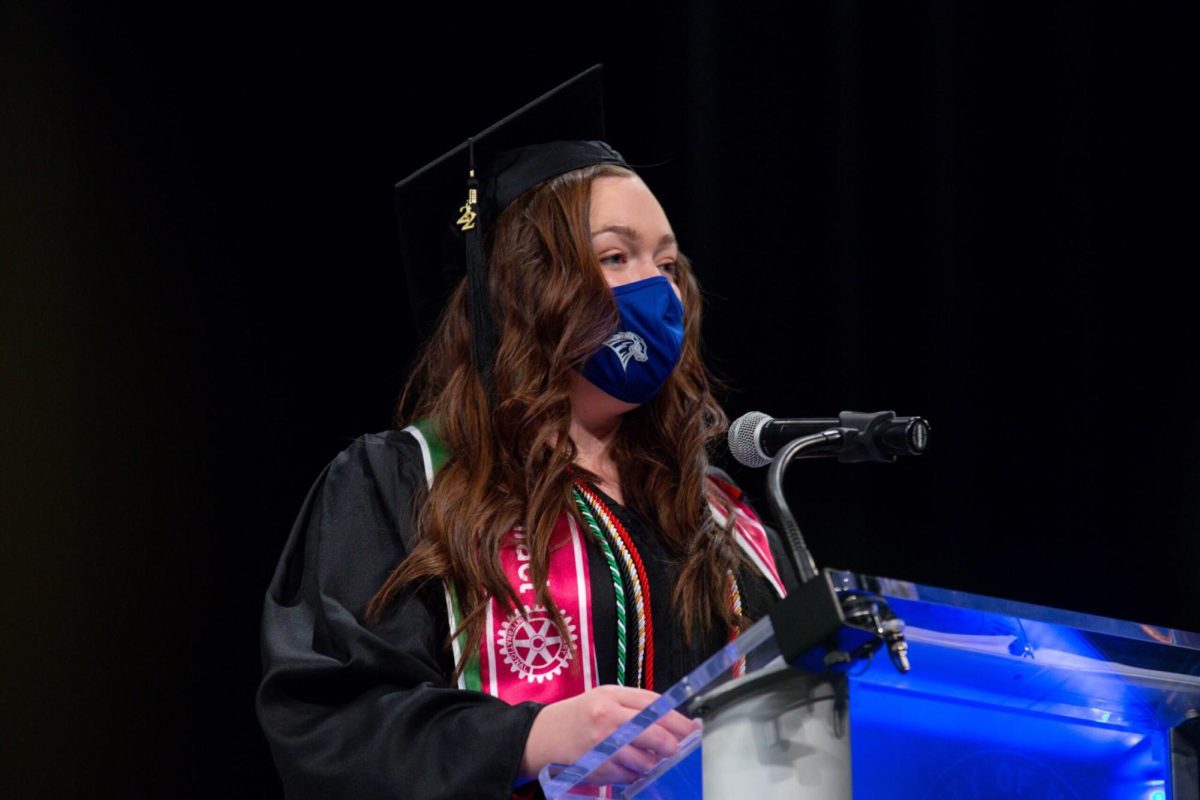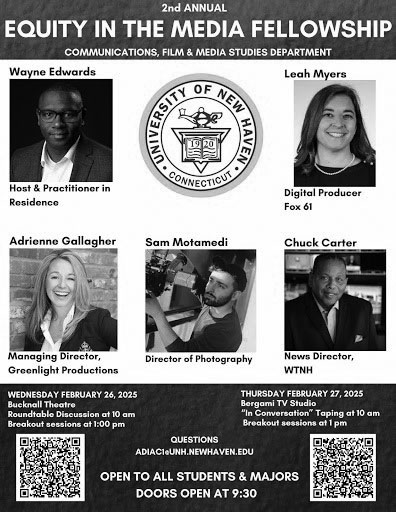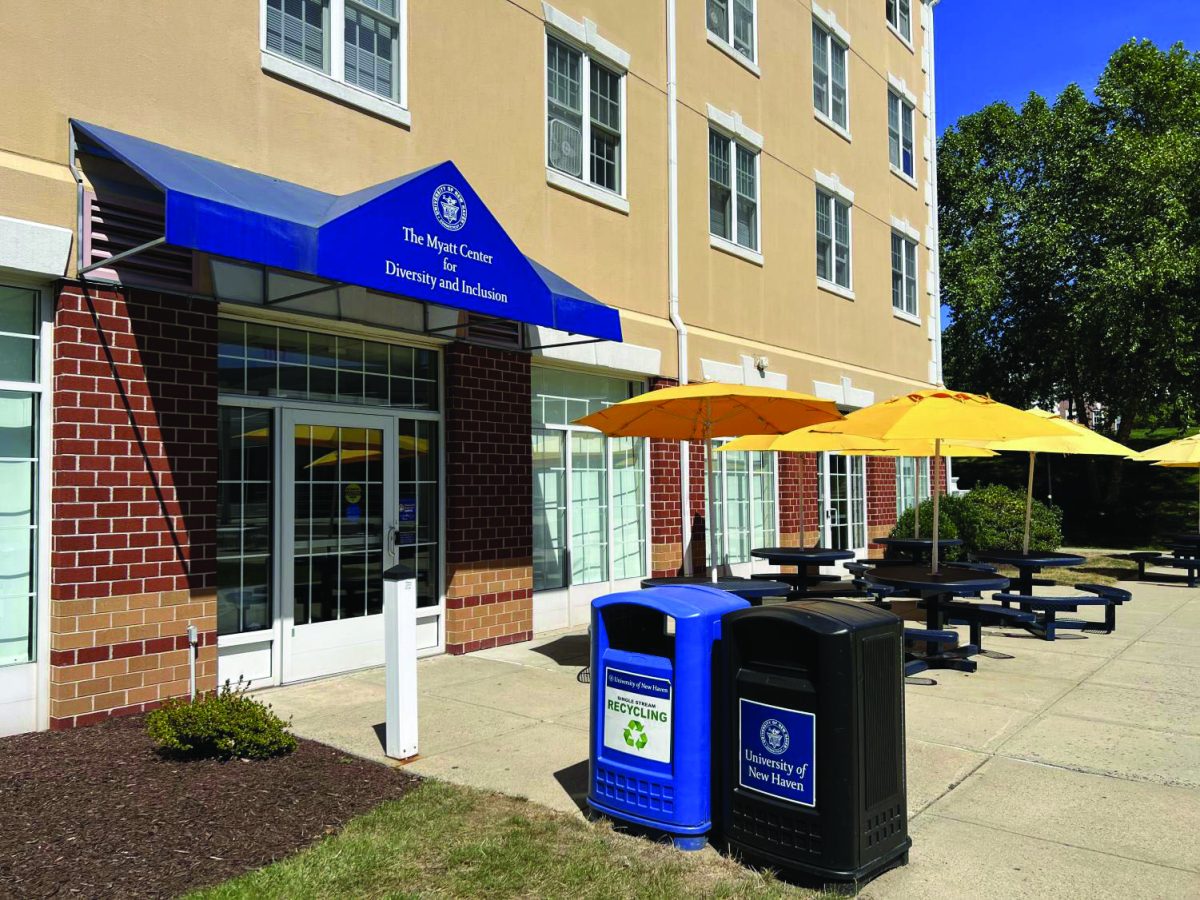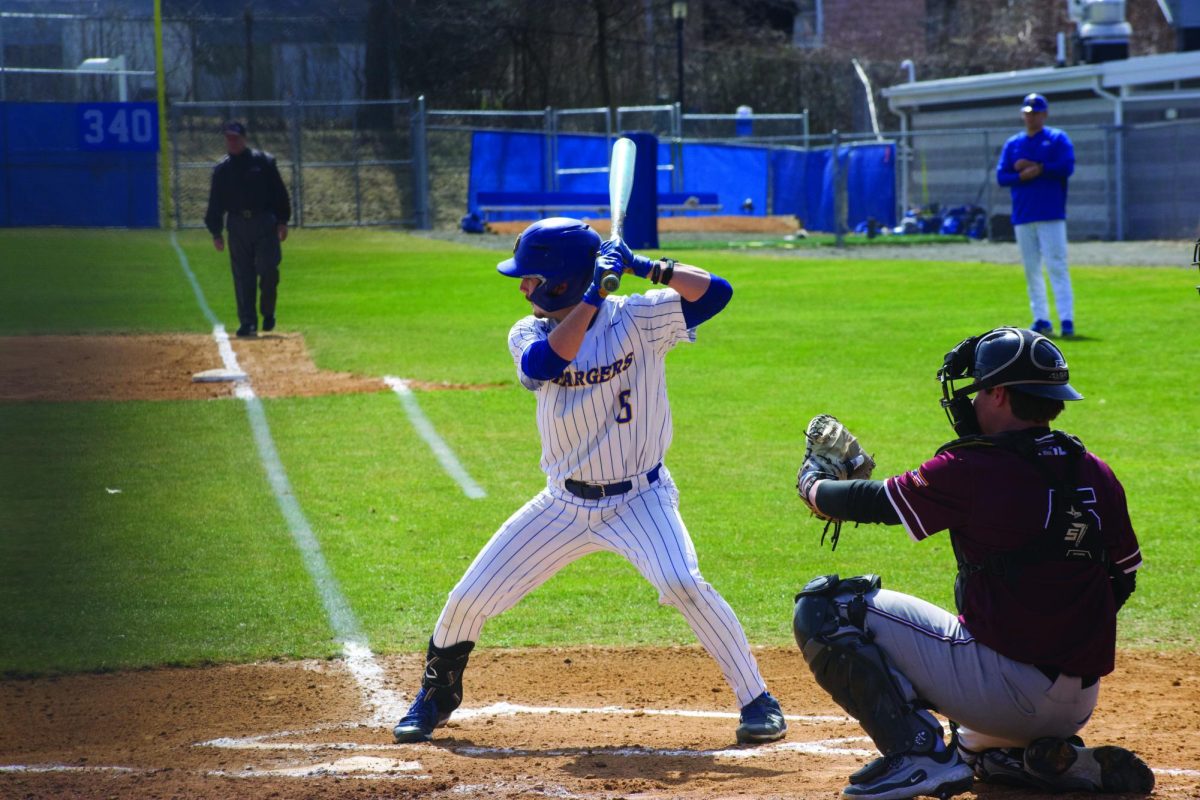As students head into the most challenging part of the semester, more than a few may land on academic probation – which may seem like a daunting task to avoid but is imminently survivable.
“The most important thing to note, when talking about a student’s journey while on academic probation, is that everyone’s journey is different,” said Elisa D’Egidio, a 2021 graduate of the university. “It is not dependent on what the school offers but is completely on what the student chooses to do.”
D’Egidio experienced this firsthand. In the spring of her freshman year, D’Egidio was placed on academic probation.
An Inside Higher Education study says 20% of undergraduate students earn a first year GPA that results in academic probation. Meanwhile, 8% of students who graduate with a bachelor’s degree report being on probation during their time in college.
At this university, students are placed on academic probation if their GPA does not meet the requirement of a 2.0 for their academic term. To make sure students are maintaining satisfactory academic progress, the Center for Student Success (CSS) guides students in academic trouble. CSS receives alerts from instructors concerned about the grades of students through Navigate, allowing staff to identify struggling students.
Helena Cole, director of the Center for Student Success and Advising, said there are steps that staff can take to ensure the improvement of students’ grades.
“All students on probation must meet regularly with the Center for Student Success,” said Cole. “First-year students in their second semester have the option of taking ‘Strategies for Success,’ a one-credit class that counts as an elective credit, to meet that obligation.”
According to the university website, students on academic probation are limited to four courses a semester. Depending on the number of credits a student takes, they may be required to meet a minimum GPA and when they do, they will be removed from academic probation. If students fail to achieve the specified GPA, they will be placed on a second probation. By the third probation, the student can be academically dismissed.
“Students are given warnings when they are not meeting regularly with the Center for Student Success,” said Cole. “If they are not meeting regularly after the first month of classes, a hold is put on their account preventing registration.”
D’Egidio said she doesn’t remember if the university or any of her professors reached out to her with concerns as her progress faltered, but she stayed with it and became one of the student speakers at her commencement, where she started her story.
She said the CSS and the course they hold for students struggling academically helped her with note-taking, organization and time management. Thankful for the steps and procedures that CSS provided, D’Egidio said she wished professors would offer study sessions, extra example problems or alternative ways to grasp the material.
“Attending student-led study sessions only offers so much when you are struggling to understand the material,” said D’Egidio.
Despite the setbacks, D’Egidio connected with her success advisor, Jim Prosper and academic advisor, Marty O’Connor, after she switched her major from forensic science to criminal justice. Quickly, D’Egidio said she realized there are professors who cared about her success and would make sure she was heading in the right direction.
“You become ‘just a number’ when you allow yourself to become one,” said D’Egidio. “You can learn so much more than the course material by making those lifelong connections.
“The biggest lesson is to make the most of the situation,” she said.








